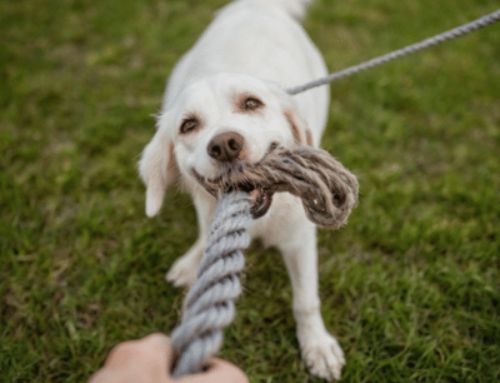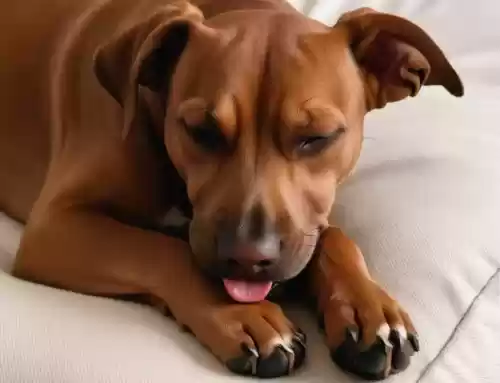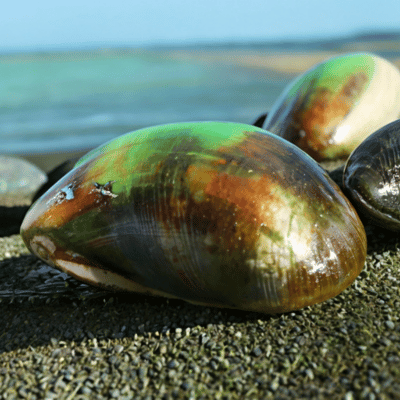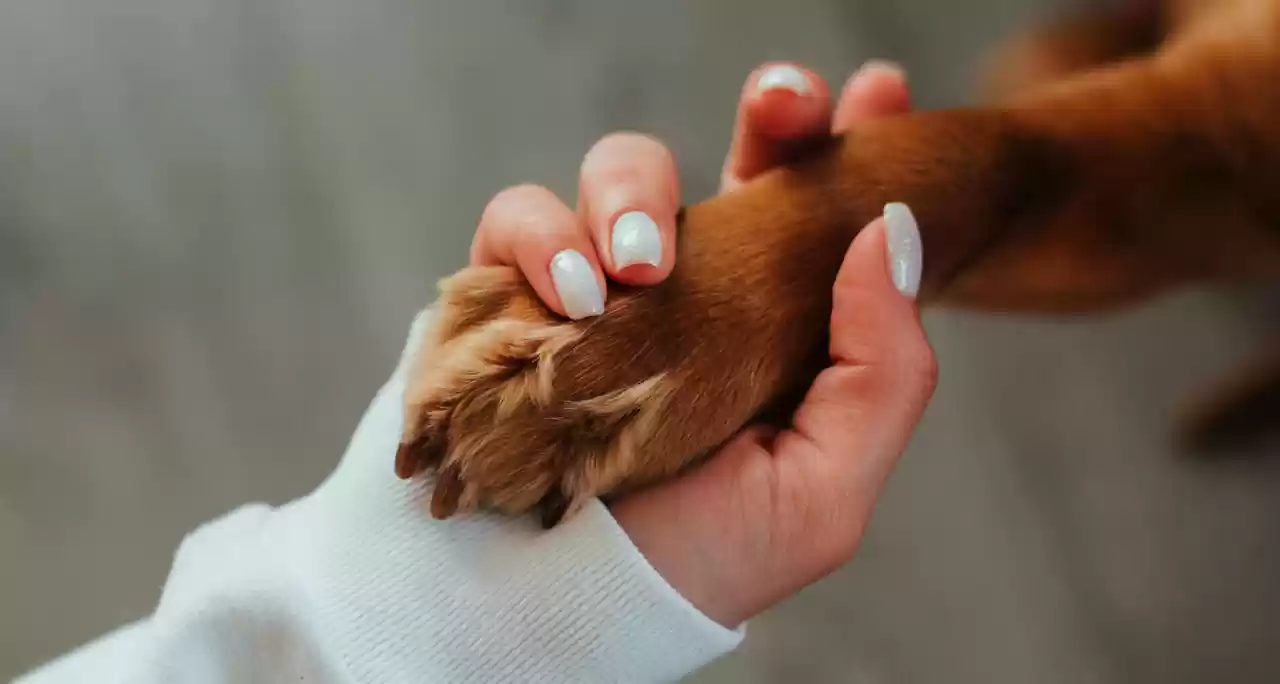All of our recommendations are made after having done independent research on them. If you click on links we provide, we may receive compensation.
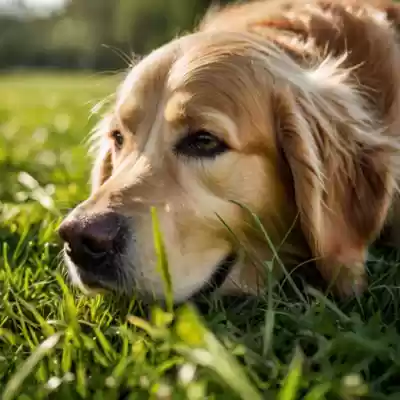
scent dogs harder to track with in humidity
by Arsh deep
Overview
The Science Behind Scent Detection
Scent dogs for lost people, narcotics or explosives are very proficient in their line of work. But what happens when the weather is not as good as we have just described? In particular, does relative air humidity affect the ability of these dogs to track a scent? I am interested in canine behavior and training and therefore I took my time to study this topic in order to know how factors such as humidity influence the performance of a scent dog. It is time to look at what scientists have to offer and unravel the truth about the matter.
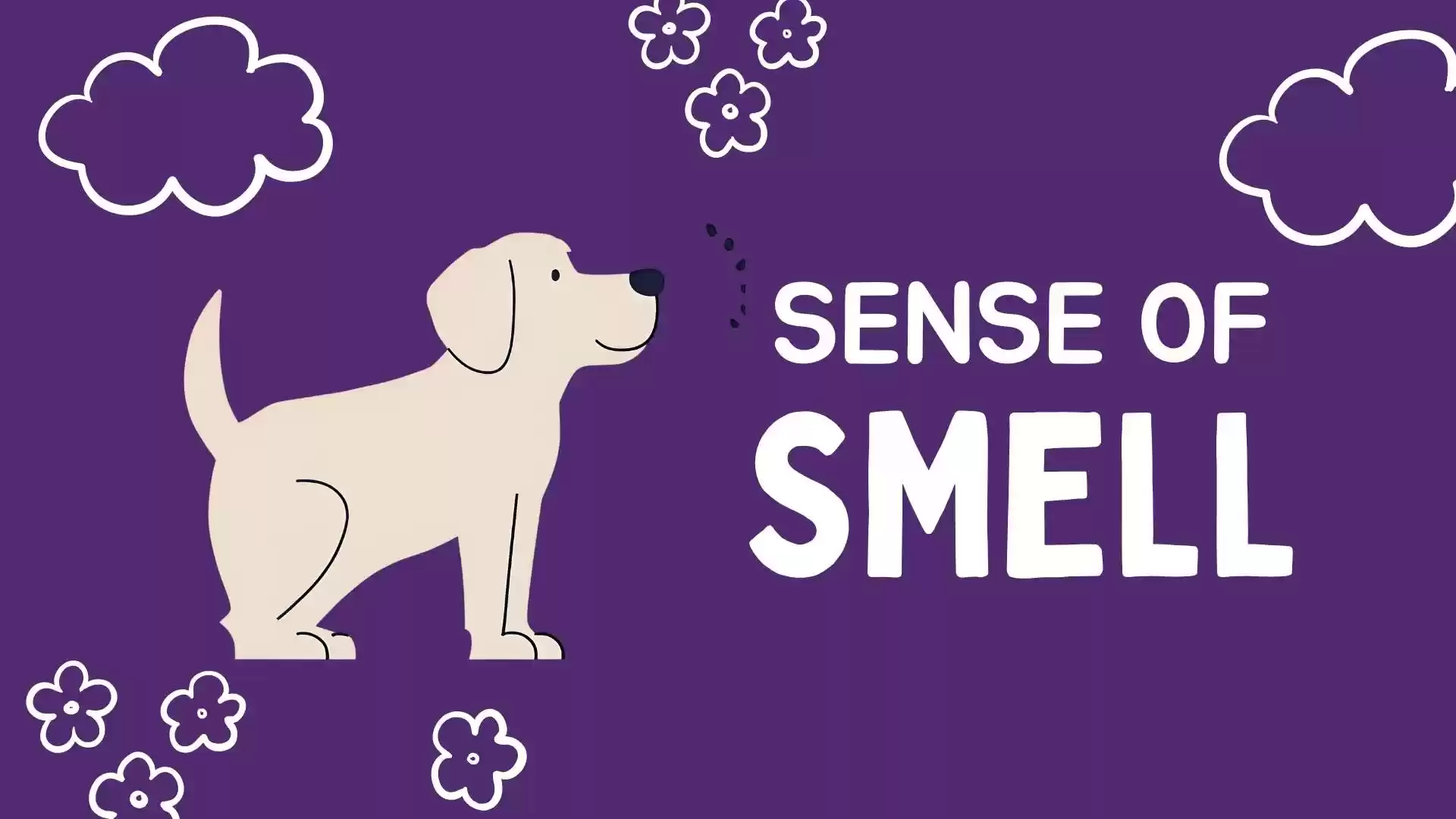
How Scent Dogs Track
Before I go into the effects of humidity on scenting let me briefly explain how they track scent. Dogs are well known for their olfactory ability with 300 million olfactory receptors in their noses for every one million in humans. When a dog sniffs, they are getting some particles of scent that are given off by any person or thing. Such particles can stick to the surfaces, stay in the air, and can be swept by the wind.
Scent dogs are able to follow these particles and that is how they can follow a trail that has been left behind by a person or substances such as drugs. The ability to track depends on many factors such as the dog’s training, the intensity of the scent, and the weather conditions among others.
The Effect of Relative Humidity on Scent Detection
Now, let’s address the big question: Is tracking affected by high humidity? The answer is not that simple as yes or no, but there are conditions that can help and at the same time can hinder a dog’s tracking.
Humidity and Scent Molecules
Relative humidity is the amount of water vapor in the air. High humidity means the air contains a lot of water molecules which in turn influences the movement pattern of scent particles. As a rule, in the case with moist air, scent particles remain closer to the ground, so a dog is able to pick it up much easier.
Research Insight: An article in vcahospitals also mentioned that humidity in fact improves a dog’s olfactory capability as moisture in the air causes scent particles to stick to the ground and have a longer lifespan as opposed to evaporating rapidly. This means that in conditions of high humidity, scent trails may be more intense and therefore it will be easier for a dog to follow.
Temperature and Humidity Interaction
Thus, though, humidity helps in scent detection, there is a need to factor in the relationship between humidity and temperature. It is another story when the weather is hot and humid and the candidate has to sit through a long exam. Heat makes scent particles to rise very fast from the ground and when there is high relative humidity the scent is diffused to a large area. This may prove difficult for a dog especially when it comes to tracking and locating the object or person in question.
Personal Experience: One summer, I realized that Max, my dog, struggled to go through a scent trail during the training sessions as usual. He appeared to have a harder time concentrating on the scent, which probably had to do with heat and humidity breaking up the particles.
Impact on the Body of the Dog
Humidity is not only an issue pertaining to the scent particles, but the condition of the dog as well. Dogs are known to get easily tired and this is even worse especially when the weather is hot and humid and this will surely affect their performance in tracking. Sweating which is how dogs cool down, can also hinder their ability to smell. This can be a big determinative to the ability of a scent dog to perform under such conditions.
Expert Opinion: As stated by PetMD, if a dog pants excessively it means that this animal can inhale less air which contains scent with each breath. This may result to a reduction in their capacity to track moving objects especially under adverse weather conditions.
Strategies for Tracking in Humid Conditions
If you’re working with a scent dog in humid conditions, there are several strategies you can employ to improve their performance:If you’re working with a scent dog in humid conditions, there are several strategies you can employ to improve their performance:
- Early Morning or Late Evening Sessions: These are the times when there is low temperatures and low humidity which is very beneficial for the dogs’ sense of smell.
- Shorter Sessions with Breaks: To avoid this, ensure that tracking sessions are shorter and that there are many breaks especially when the weather is hot and humid.
- Hydration: Make sure you keep your dog well-hydrated at all times in order to avoid cases of overheating and also to keep him energized.
Final Thoughts
Okay, does that mean that scent dogs are more difficult to track with in humidity? The answer is that it depends. Humidity in fact can improve a scent dog’s ability to follow a certain smell but at the same time it is a problem especially when it comes with heat. How these environmental factors influence each other is information that handlers and trainers can use to get the best out of their dog in suboptimal circumstances.
Through my studies and practice, I have found that when using scent dogs, one has to be very sensitive to the surroundings and be ready to make changes on the fly. It is therefore important that you assist him or her to succeed irrespective of the weather prevailing at that particular time.
Sources
- vcahospitals: How Dogs Use Smell to Perceive the World
- PetMD:The Importance of ‘Scent Walks’ for Dogs
If you have any questions or need more advice on working with scent dogs, feel free to reach out!
1. Is humidity always beneficial to scent dogs or does it really help them in tracking?
Not necessarily. Although high humidity improves the chances of scent particles to remain on objects and hence be easily picked by dogs, high heat and humidity makes scent particles to spread over large areas. This can make it more difficult for a dog to run and accurately locate the scent in hot and humid climate.
2. What can I do to enhance the performance of my scent dog in humid environment?
To enhance your scent dog’s performance when it is humid, it is advisable to take your dog for tracking when the temperatures are low, either in the morning or at night. It is recommended that the sessions are brief and breaks are taken often to avoid students getting tired. It is also important to keep your dog well hydrated in order to be able to sustain him/her throughout the process.
3. Can my dog’s ability to track be hampered by panting during a humid weather?
Yes, panting can be a hindrance to a dog and will prove very difficult in cases where tracking is to be done during hot weather. If a dog is panting, it may not be able to intake the same amount of scent in one breath as it would when it is not panting and this will reduce its tracking capability. One way of dealing with this problem is to make sure that you observe the physical condition of your dog and always try to change the environment you use for tracking.


